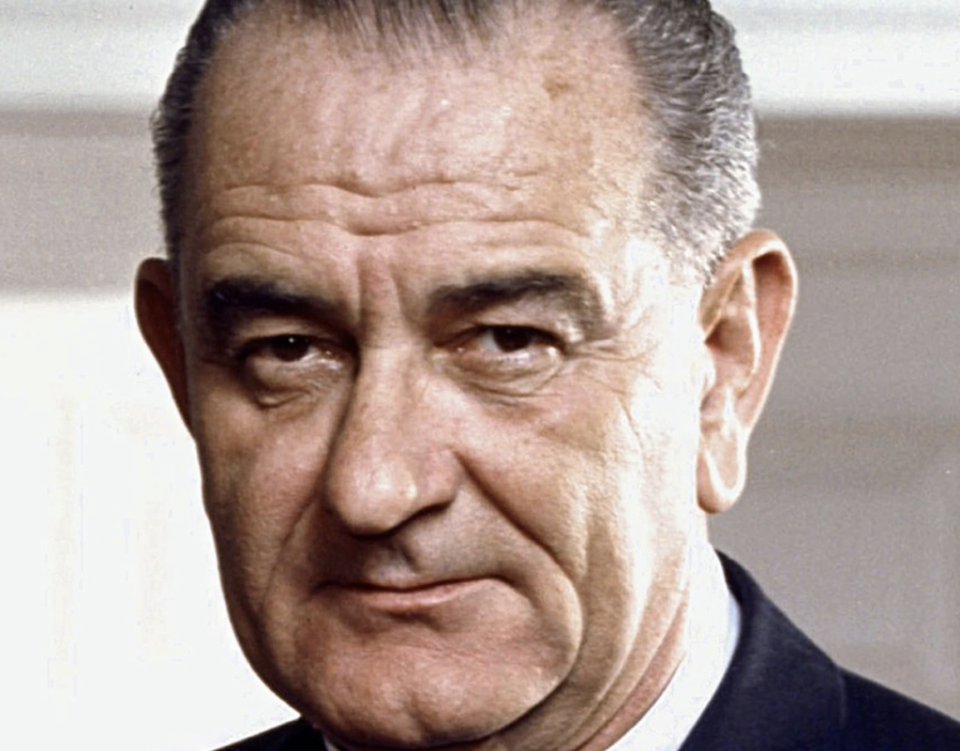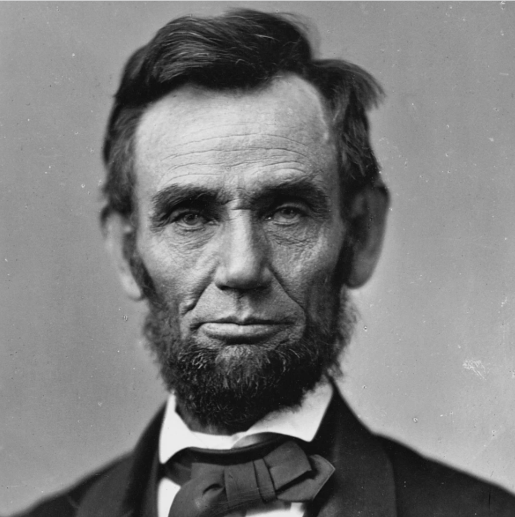Race scholar holds this truth to be self evident; Lincoln tops list of five best presidents for Black people
- Oops!Something went wrong.Please try again later.
Presidents who fought for the equal rights, safety and representation of Black Americans had a lasting effect on their lives.
Editor’s Note: TheGrio first published this article on July 4. For Presidents’ Day 2023, we are resurfacing this content to highlight which presidents used their office to fight racist domestic terror, support HBCUs and advance civil rights for Black Americans.
“Let us close the springs of racial poison. Let us pray for wise and understanding hearts. Let us lay aside irrelevant differences and make our Nation whole.“ Lyndon B. Johnson, upon signing the Civil Rights Act of 1964.
Independence Day is a time to reflect on the birth of the United States and everything that has come in the 246 years since – including the 46 men who have served as president.
Some of them stood in the way of progress. Woodrow Wilson, for example, mandated segregation in the federal workforce. Other presidents fought for equality, and they have proven to be the best presidents for Black people.

Stephanie Williams, a former staff assistant to the late Sen. Ted Kennedy, (D- Mass.), teaches issues related to race in the honors college at the University of South Florida. TheGrio asked for her opinion on the best U.S. presidents for Black America. Her opinions of the best presidents, in order, are below and in her words. The responses have been edited for brevity and clarity. You can see the list of the five worst presidents for Black people here.
Abraham Lincoln: 16th president, 1861-1865
He issued the Emancipation Proclamation in 1863 that freed enslaved people in areas controlled by the Union Army and many Southern states. The document served as the foundation for the Thirteenth Amendment, which was adopted in 1865.
His capacity to have empathy, his willingness to listen, to meet with Frederick Douglass and Black troops, and to have an appreciation for the commitment of the Black troops makes him the first consequential president for Black people. It’s not just freeing Black people from slavery. It was the willingness to see Black people as human beings when other presidents clearly did not.

Ulysses S. Grant: 18th president, 1869-1877
He stood up to the Ku Klux Klan, which was emboldened by Andrew Johnson, Grant’s predecessor.
He had taken positions against the Klan, calling them dangerous, condemning their behavior, calling them vigilante criminals. He had an appreciation for the Black troops as he was leading the Union Army in the Civil War. I think that he was disturbed by some of the rolling back of Reconstruction and seeing that Black people were headed for some very difficult times.
Teddy Roosevelt: 26th president, 1901-1909
He had an appreciation for HBCUs and their contributions and sought out Black leaders.
He evolved in some ways. He had an appreciation for HBCUs because he was really interested in seeing the training that Black colleges were doing in the South. He visited Tuskegee. He was getting to know Black leaders, developing conversations with them. One of the toughest things African Americans have in the United States is presidents who are willing to sit down and talk, listen to their perspectives and get ideas about policy from them. He had a willingness to have Black people work in the government, and after he left, Woodrow Wilson kicked them all out. So there was some progress under Roosevelt.
Lyndon Johnson: 36th president, 1963-1969
In addition to shepherding the Civil Rights Act, he also pushed through the Voting Rights Act of 1965.
When you think about the war on crime, some of the policies start with LBJ. But the Voting Rights Act has to put him in the top. That was the major fight that we had, voting rights and access to accommodations.
Barack Obama: 44th president, 2009-2017
He was the country’s first Black president, and that representation matters.
Representation does matter. I think his ability to articulate some complexities about racial disagreements and conditions helped a lot. Look at his investments in HBCUs and health care. It’s scary to think how many people would have been dead if we didn’t have Obamacare when COVID started. He appointed a lot of federal judges while diversifying agencies and hiring people who had an interest in Black communities. There was a lot of good that Obama could do even though he was hampered significantly by Republicans.
TheGrio is FREE on your TV via Apple TV, Amazon Fire, Roku, and Android TV. Please download theGrio mobile apps today!
The post Race scholar holds this truth to be self evident; Lincoln tops list of five best presidents for Black people appeared first on TheGrio.

